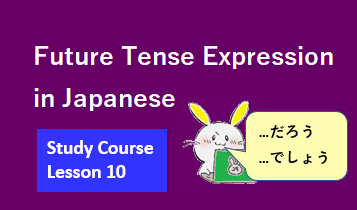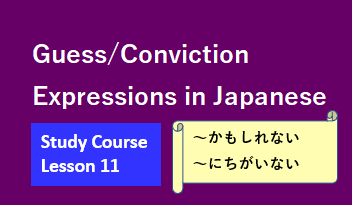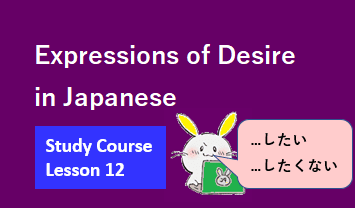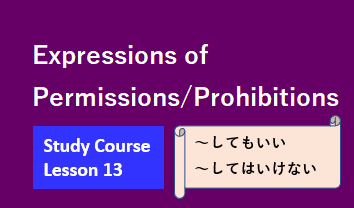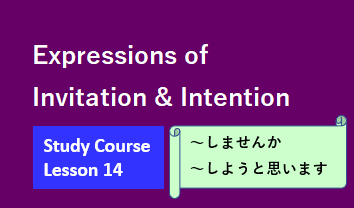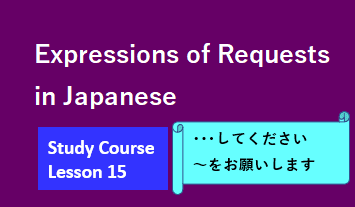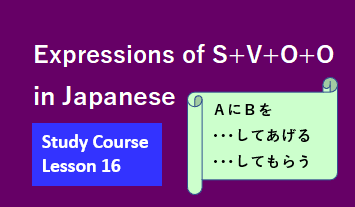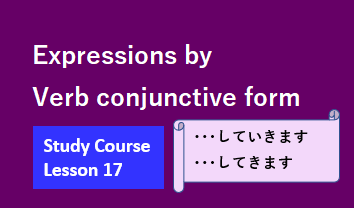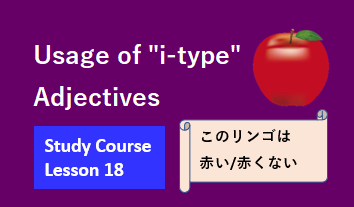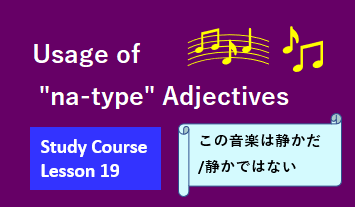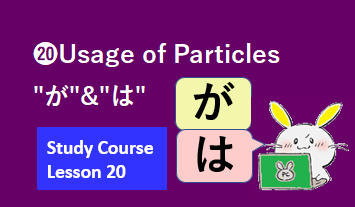Japanese Study Course Lesson9

Hello everyone. I'm JJ. Nice to meet you! Welcome to Japanese Study Course. In lesson 9, we will study verbs that indicate "possible" in Japanese. For example, we studied the verb "買う(buy)" in lesson 5, in this lesson I would like introduce a verb "買える" that is the verb that indicate "can buy".
9-1 Verbs that indicate "possible expression"
Possible Expressions ③ ➡ " 買える( verb that indicate "possible expression ) "
(1)Affirmative form
- I buy my favorite magazine.
- Ordinary:私はお気に入りの雑誌を買う。
- I can buy my favorite magazine because my grandmother gave me pocket money.
- Ordinary:祖母がお小遣いをくれたので、私はお気に入りの雑誌を買うことができる。※We studied this method of expression in the previous Lesson 8(Possible Expressions [1]).
- There is another way of expressing it by using verbs that indicate "possible expression" If you say "祖母がお小遣いをくれたので、私はお気に入りの雑誌を買える。", the meaning is the same, but this expression is simpler and smarter.
- This "買える" is the the verb that indicate "possible expression" of the verb "買う". It is not conjugation of the verb "買う" but is another verb that indicate "possible expression".
- I can buy my favorite magazine because my grandmother gave me pocket money.
- Ordinary:祖母がお小遣いをくれたので、私はお気に入りの雑誌を買える。
- Politely:祖母がお小遣いをくれたので、私はお気に入りの雑誌を買えます。
- Replacing "買える" with "買えます" makes it more polite.
◆Detailed explanation
- First sentence:祖母がお小遣いをくれたので、
- 祖母(subject)+が(nominative particle)
- +お小遣い(object)+を(object particle)
- +くれ(verb, past form)+た(auxiliary verb, past tense)
- +ので(conjunction particle)、
- Ordinary:私はお気に入りの雑誌を買える。
- Polite:私はお気に入りの雑誌を買えます。
- 私(subject)+は(nominative particle)
- +お気に入りの(adjective)+雑誌(object)+を(object particle)
- +買える(verb)/ +買え(verb, consecutive form)+ます(auxiliary verb, polite)。
◆Vocabulary note
| 祖母 :(noun) grandmother お小遣い:(noun) pocket money くれる :(verb) give ので :(conjunction particle) because, because of 雑誌 :(noun) magazine 買える :(verb) can buy |
(2)Negative form
- I don't buy my favorite magazine.
- Ordinary:私はお気に入りの雑誌を買わない。
- I can not buy my favorite magazine because of no money.
- Ordinary:私はお金がないので、お気に入りの雑誌を買うことができない。※We studied this method of expression in the previous Lesson 8(Possible Expressions [1]).
- There is another way of expressing it by using verbs that indicate "possible expression" If you say "私はお金がないので、お気に入りの雑誌を買えない。", the meaning is the same, but this expression is simpler and smarter.
- "買わない" is an action based on your own decision, but "買えない" means you want to buy but can't. Only one letter is different, but the meaning is very different.
- I can not buy my favorite magazine because of no money.
- Ordinary:私はお金がないので、お気に入りの雑誌を買えない。
- Politely:私はお金がないので、お気に入りの雑誌を買えません。
- Replacing "ない" with "ません" makes it more polite.
◆Detailed explanation
- Ordinary:私はお金がないので、お気に入りの雑誌を買えない。
- Polite:私はお金がないので、お気に入りの雑誌を買えません。
- 私(subject)+は(nominative particle)
- +[ first phrase:お金(subject)+が(nominative particle)+ない(auxiliary verb)+ので(conjunction particle)、]
- +お気に入りの(adjective)+雑誌(object)+を(object particle)
- +買え(verb, negative form)+ない(auxiliary verb)/ +買え(verb, consecutive form)+ません(compound auxiliary verb, polite, negation)。
◆Vocabulary note
| お金 :(noun) money |
◆Advanced Study Conjugation of the verb "買える"(Lower one-step)
| Negative form 買え(ない) Auxiliary verb "ない" is added after | 私はお金がないので、お気に入りの雑誌を買えない。 I can not buy my favorite magazine because of no money. |
| Consecutive form 買え(ます/ません/ました) Auxiliary verb "ます/ません/ました" is added after | 私はお金がないので、お気に入りの雑誌を買えません。 I can not buy my favorite magazine because of no money. |
| Past tense form 買え(た) Auxiliary verb "た" is added after | 昨日祖母がお小遣いをくれたので、私はお気に入りの雑誌を買えた。 I could buy my favorite magazine yesterday because my grandmother gave me pocket money. |
| Basic form 買える | 買える can buy |
| Adnominal form 買える(+noun) Noun is added after | あなたは自分の家を買えるときには早く決断するべきです。 You should decide early when you can buy your own house. |
| Hypothesis form 買えれ(ば) Conjunction particle "ば" is added after | あなたもこの雑誌を買えればよかったですが、売り切れではやむを得ないね。 I wish you could buy this magazine too, but it's unavoidable that it's sold out. |
The conjugation form of the verb "買える" is called the lower one-step conjugation of the verb because they all include the "e" sound, such as "買えない,買えます,買える,買えれば".
9-2 Forms of Verbs Expressing Possible
(1)Cases of the five-step conjugation of verbs
- Five-step conjugations of verbs such as "買う" ➡ "買える"
- "u" sound ➡ "eru"
- In the five-step conjugations of verbs such as "買う", the possible verb form is always the lower one-step conjugation, such as "買える".
- The basic forms of these verbs all end in the "u" sound. The point of these verb conversion rules is to change the sound of "u" to "eru".
- In the case of the verb "持つ(motsu)" that we studied in Lesson 4, we convert the "u" sound to "eru" and it becomes ”持てる(moteru)".
(2)Cases of the upper or lower one-step conjugation of verbs
- Upper one-step conjugations of verbs such as "見る" ➡ "見られる"
- "ru" sound ➡ "rareru"
- Lower one-step conjugations of verbs is the same as above.
- In the upper one-step conjugations of verbs such as "見る" or the lower one-step conjugations of verbs, the possible verb form is always the lower one-step conjugation, such as "見られる".
- The basic forms of these verbs all end in the "ru" sound. The point of these verb conversion rules is to change the sound of "ru" to "rareru".
- In the case of the verb "食べる(taberu)" that is the lower one-step conjugation verb, we convert the "ru" sound to "rareru" and it becomes ”食べられる(taberareru)".
- If you want to say, "I am so full that I can't eat anymore." in Japanese, you would normally say "私は満腹なので、もう食べられない。".
- I am so full that I can't eat anymore.
- Ordinary:私は満腹なので、もう食べられない。
- Politely:私は満腹なので、もう食べられません。
- Replacing "ない" with "ません" makes it more polite.
◆Detailed explanation
- Ordinary:私は満腹なので、もう食べられない。
- Polite:私は満腹なので、もう食べられません。
- 私(subject)+は(nominative particle)
- +[ first phrase:満腹(noun)+なので(auxiliary verb + conjunction particle)、]
- +もう(adverb)
- +食べられ(verb, negative form)+ない(auxiliary verb)/ +食べられ(verb, consecutive form)+ません(compound auxiliary verb, polite, negation)。
◆Vocabulary note
| 満腹 :(noun) satiety なので :(auxiliary verb + conjunction particle) so ~ that ・・・ もう :(adverb) anymore 食べられる:(verb) can eat |
◆Advanced Study Conjugation of the verb "食べられる"(Lower one-step)
| Negative form 食べられ(ない) Auxiliary verb "ない" is added after | 私は満腹なので、もう食べられない。 I am so full that I can't eat anymore. |
| Consecutive form 食べられ(ます/ません/ました) Auxiliary verb "ます/ません/ました" is added after | 私は満腹なので、もう食べられません。 I am so full that I can't eat anymore. |
| Past tense form 食べられ(た) Auxiliary verb "た" is added after | 昨日母がお小遣いをくれたので、私は久しぶりに美味しいものが食べられた。 My mother gave me some pocket money yesterday, so I was able to eat delicious food for the first time in a long time. |
| Basic form 食べられる | 食べられる can eat |
| Adnominal form 食べられる(+noun) Noun is added after | 今日は仕事が大変忙しいので、あなたは食べられるときに昼食に行ってくださいね。 We are very busy with work today, so please go to lunch when you can. |
| Hypothesis form 食べられれ(ば) Conjunction particle "ば" is added after | あなたもお刺身を食べられればよかったですが、生魚が苦手では仕方ないね。 It would have been nice if you could eat sashimi too, but it can't be helped if you don't like raw fish. |
The conjugation form of the verb "食べられる" is called the lower one-step conjugation of the verb because they all include the "e" sound, such as "食べられない,食べられます,食べられる,食べられれば".
◆Advanced Study なので(auxiliary verb + conjunction particle)
| なので | Category: auxiliary verb + conjunction particle Meaning: so ~ that ・・・ Advanced commentary: なので➡な(adnominal form of the assertive auxiliary verb "だ" )+ ので(conjunction particle) |
(3)Cases of the specific conjugation of verbs
- The 'sa-line' specific conjugations of verbs such as "勉強する" ➡ "勉強できる"
- The 'ka-line' specific conjugations of verb "来る" ➡ "こられる"
- In the 'sa-line' specific conjugations of verbs such as "勉強する", the possible verb form is always the same styles such as "勉強できる".
- The basic forms of these verbs all end in "する". The point of these verb conversion rules is to change the sound of "する" to "できる".
- In the 'ka-line' specific conjugations of verb "来る", the possible verb form is "こられる".
The conjugation form of the verb "勉強する" takes the unique form of "shi, shi, suru, sure, shiro" like "勉強しない,勉強します,勉強する,勉強すれば,勉強しよう", so it is called the 'sa-line' specific conjugation of verbs. The verbs that express "○○する", such as "勉強する", have the same conjugation.
The conjugation form of the verb "来る" takes the irregular form of "ko, ki, kuru, kure, koi(koyo)" like "来ない(来ず), 来ます, 来る, 来れば, 来い(来よう)", so it is called the 'ka-line' specific conjugation of verbs. This specific verb conjugation applies only to verb"来る".
We learned how to use "できる" in Lesson 8, so this is easy.
「私は毎日、日本語が勉強できるので、ラッキーだ!(I am lucky because I can study Japanese every day!)」


Today's lesson ends here. Ladies and gentlemen, did you understand today's theme "Verbs that indicate possible"? Next time, we will learn about the future tense. See you!
See you next time!





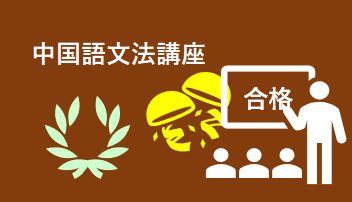
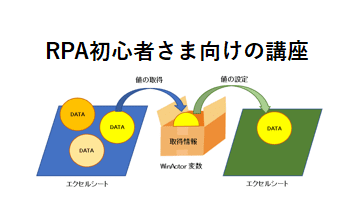
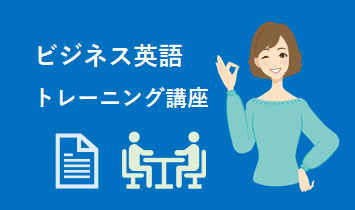

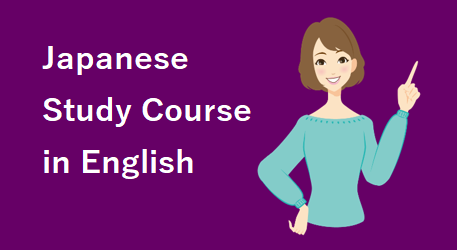

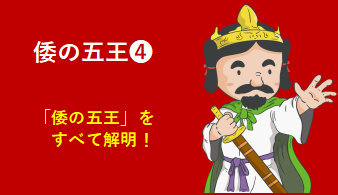
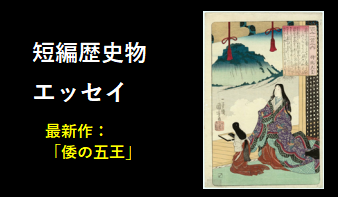
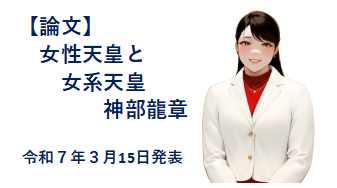
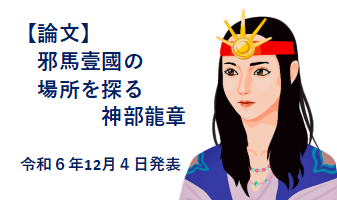
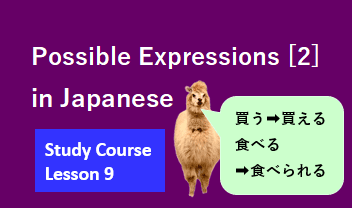

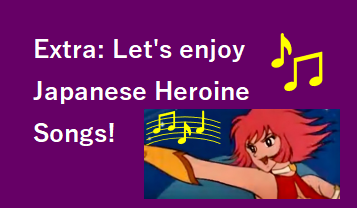
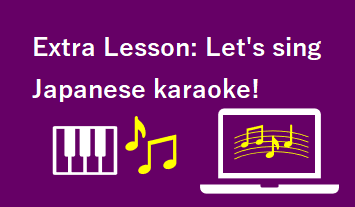
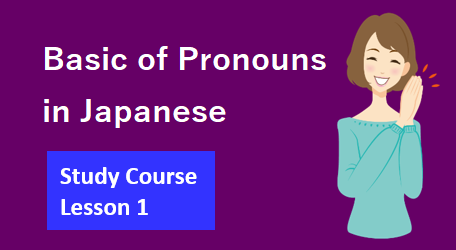
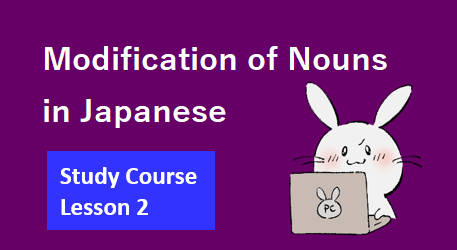

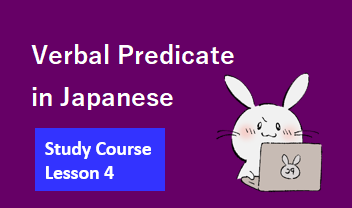
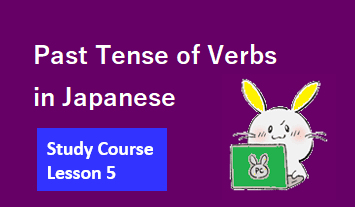
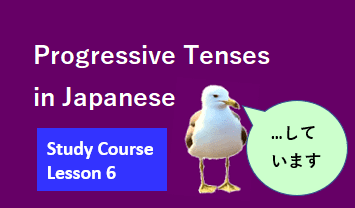
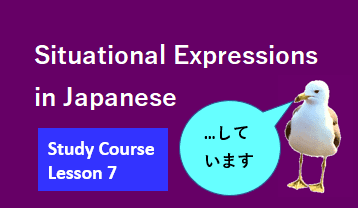
![❽Possible Expressions [1]](https://ryusho-kanbe.com/wp-content/uploads/2023/04/スクリーンショット-2023-04-03-100754.png)
